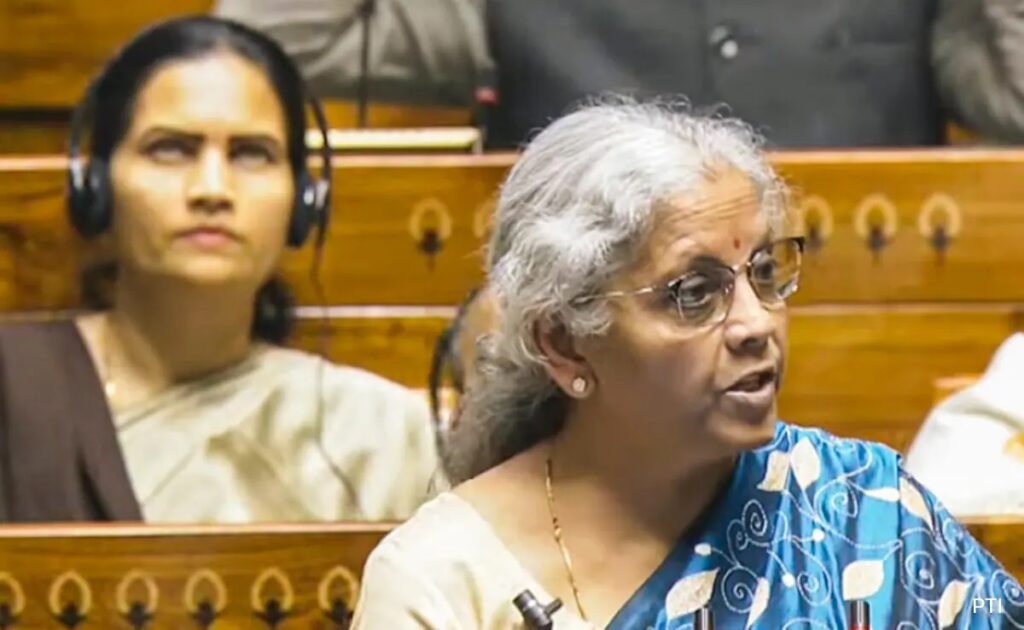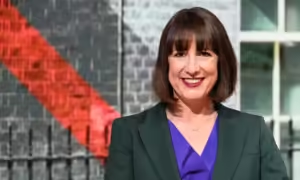Nirmala Sitharaman Prioritizes Poor, Women, Youth, Farmers

“Finance Minister Sitharaman Affirms Inclusive Development in Interim Budget“
Finance Minister Nirmala Sitharaman, presenting her sixth consecutive Budget, emphasized the BJP-led government’s commitment to an all-encompassing and comprehensive development approach.
The Finance Minister outlined the government’s focus on four major segments: gareeb (poor), mahilayein (women), yuva (youth), and annadata (farmers). Highlighting these groups as the highest priority, she stressed that their empowerment and welfare are essential for driving the country forward.
Sitharaman acknowledged the limitations of the earlier approach of addressing poverty through entitlements and asserted that empowering the poor as partners in the development process significantly enhances the government’s ability to assist them.
The Finance Minister highlighted several schemes, including the PM Swanidhi scheme for street vendors, PM Janman Yojana for vulnerable tribal groups, and PM Vishwakarma Yojana for artisans and craftspeople. She specifically mentioned schemes for the empowerment of divyangs (persons with disabilities) and transgender individuals, reflecting the government’s resolve to leave no one behind.
Regarding farmers, Sitharaman cited the PM Kisan Samman Yojana, providing direct financial assistance to 11.8 crore farmers annually. She also pointed out various programs supporting ‘annadatas’ (food producers) in contributing to India’s food production.
Addressing the youth or ‘Amrit Peedhi,’ Sitharaman emphasized the significance of the National Education Policy 2020, transformative reforms, and the training of 1.4 crore youth under the Skill India Mission. The Finance Minister highlighted the establishment of new institutions and celebrated the achievements of Indian youth in sports.
On the empowerment of women, Sitharaman showcased the Mudra Yojana, providing 30 crore loans to women entrepreneurs. She also highlighted legislative measures such as making ‘Triple Talaq’ illegal and passing a bill reserving one-third of seats in legislative bodies for women.
Repurposed article originally published in NDTV




/shethepeople/media/media_files/LuDgMiZMdXrq1XfLDlQD.png)




